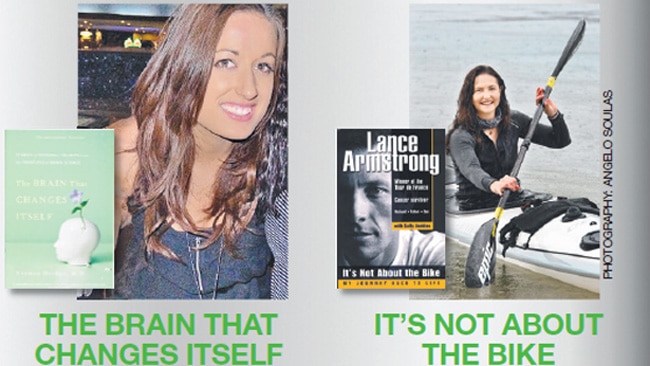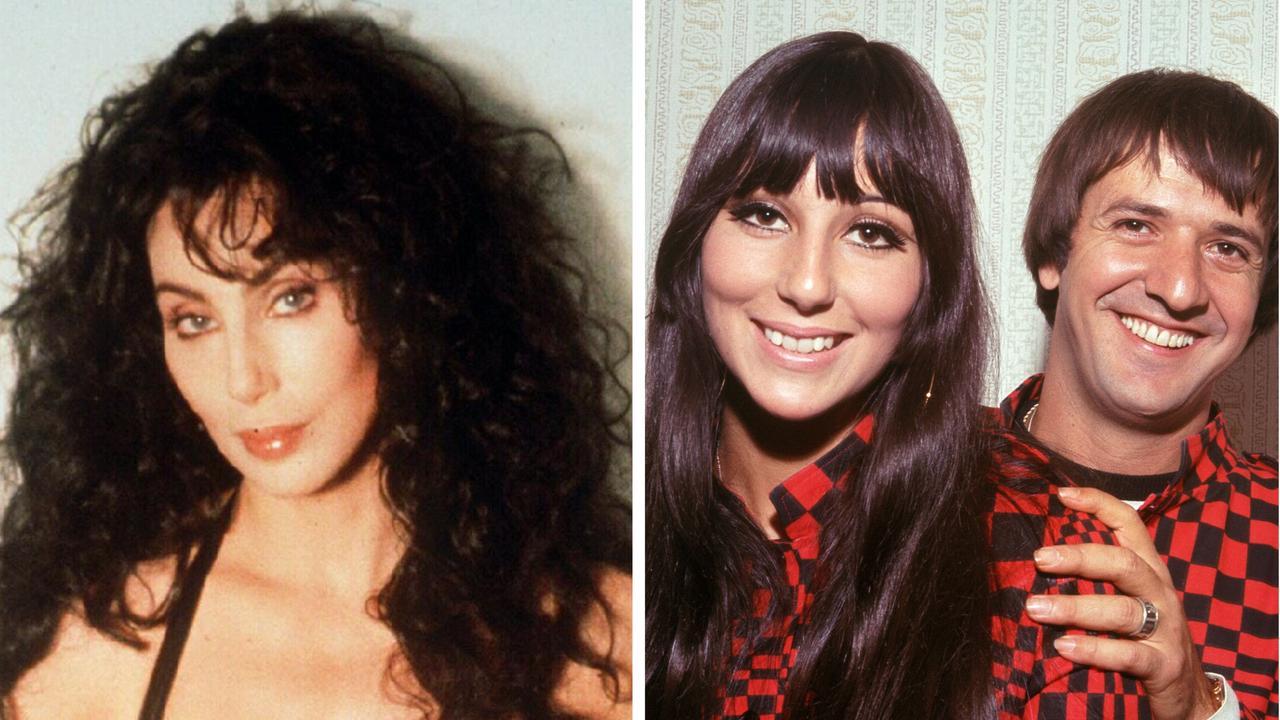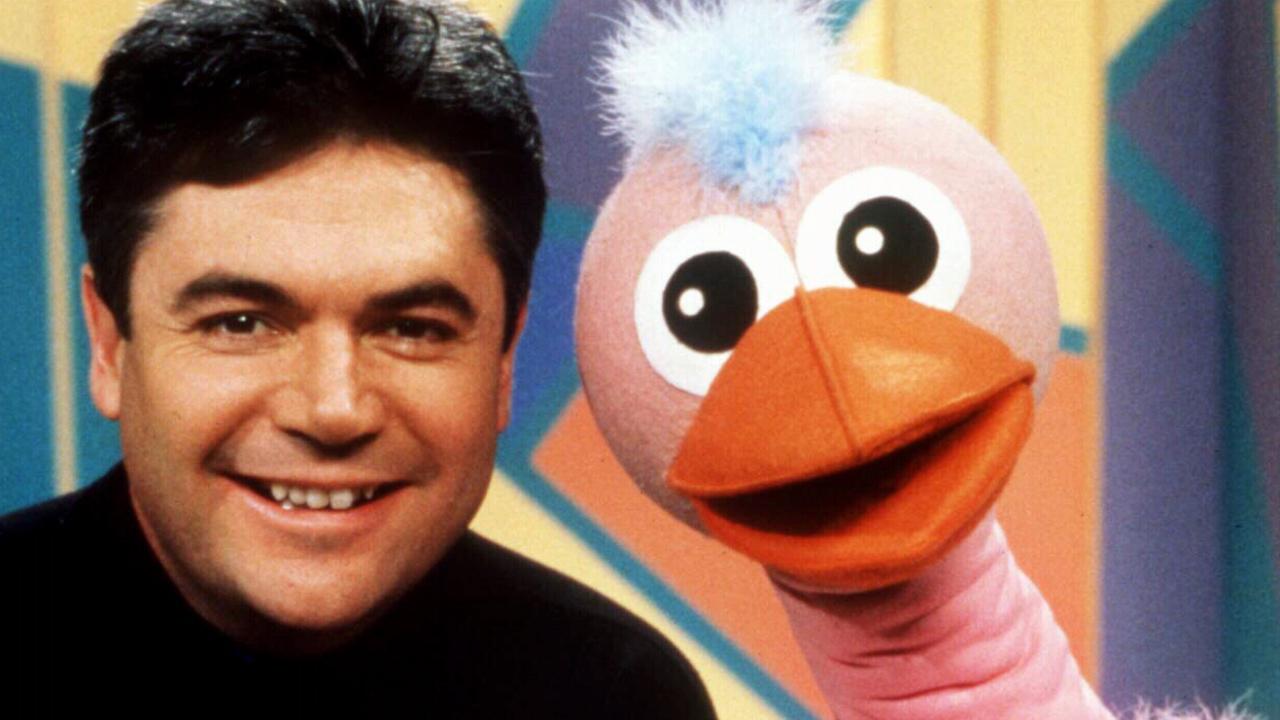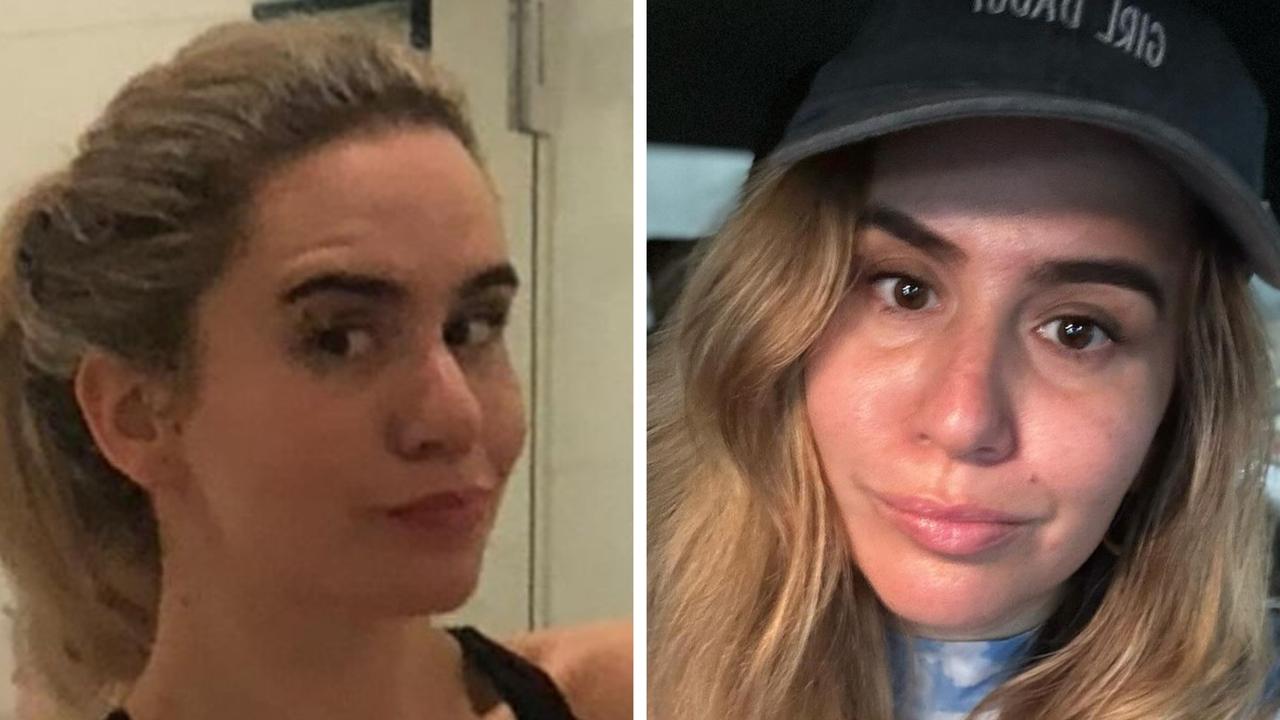'Reading this book changed my life' - The Brain That Changes Itself, It's Not About The Bike, Cheers To Childbirth and Man's Search For Meaning
BEVERLEY Hadgraft speaks to four people whose paths were altered via the power of the page.

BEVERLEY Hadgraft speaks to four people whose paths were altered via the power of the page.
The Brain That Changes Itself
Siobhan Eirlys, 24
"Two years ago, I read The Brain That Changes Itself (Scribe Publications) by Norman Doidge. It mentioned neuroplasticity and how, if one part of the brain is damaged, the brain will work in another way to compensate.
"Four months later, I fell down a flight of stairs. I was knocked unconscious and broke my left leg, shoulder and wrist, fractured my skull and badly bruised the left frontal lobe and right temporal lobe of my brain.
"My neurosurgeon said the brain damage I'd suffered would affect me for the rest of my life, especially my recollection, absorption and short-term memory. This meant I was no longer able to read, but a friend bought Doidge's book for me on audio and I listened to it over and over. She also talked me through relevant sections and tested my memory daily, in the same way it was tested in the book.
"Eighteen months later, my brain and cognitive functions were back to the level they were before the accident and I returned to my job as a TV producer. My doctors couldn't believe it."
It's Not About The Bike
Shaan Gresser, 38
"In 2010, I started training to become the first woman to kayak solo across Bass Strait. I hadn't been kayaking long and suffered setbacks, including a serious accident that saw my kayak smashed and me winched to safety.
"Lance Armstrong's It's Not About The Bike (Allen & Unwin) kept me going. Armstrong is a tough, resilient and determined man, and against the odds he survived cancer and dominated the Tour de France.
"The book left me in awe of his mental toughness. I knew it wasn't my body that would get me across Bass Strait, but my mind. However, the quote that did it for me was, 'When I was sick, I saw more beauty and triumph and truth in a single day than I ever did in a bike race. But they were human moments, not miraculous ones.'
"Paddling Bass Strait wasn't as life-changing as cancer, but Armstrong made me appreciate you can't paddle away from problems; you have to face reality. In February 2011, despite injuries, open sores, terrifying winds, currents and heavy fog, I achieved my dream."
Cheers To Childbirth
Dave Forster, 31
"After discovering my second wife, Ceri, was pregnant, my mind went back to my son's birth.
"He was beautiful, but the labour was traumatic. I was just 20 and spent it in an uninviting maternity ward, having my hand crushed by my then-wife.
"This time around, I discovered a group for expectant fathers called Beer+Bubs. I went along and was offered a handbook for dads, Cheers To Childbirth (Pure Graphics), by Lucy Perry, the group's founder. It featured well-known Australian fathers telling their birth stories, including radio presenter Adam Spencer, surfer Mark Occhilupo and boxer Danny Green.
"Before, I'd felt helpless, but the book empowered me as 'the guardian of the birth'. My roles were clearly defined and I was the one to keep control.
"It opened up a range of options that I hadn't previously known, from how to set up the birthing room so it was a calming place, to how to make the birth easier for my wife. Everything in that book made my daughter's birth as relaxed as it could have been."
Man's Search For Meaning
Trish Jenkins, 42
"By our 30s, my husband and I had invested so well we no longer had to work. Then I gave money to a fellow who claimed to be a currency trader. He turned out to be a thief.
"I lost $104,000, but worse, I ended up in court. Although I didn't steal any money, I was charged with dishonestly gaining an advantage and sentenced to eight months in prison.
"While I was in jail, I read Viktor Frankl's Man's Search For Meaning (Simon & Schuster). Frankl was a Jewish psychologist who wrote about his experience in the Holocaust. He found those who survived longest were not the fittest, but those who believed they had value and a purpose in life.
"It made me consider my purpose. I decided to use my experience to create life lessons for others. After I was released, I started a business advising people on how to spot fraud warning signs. I've published two books and am a public speaker. I couldn't change the facts and what happened to me, but Frankl's book made me realise I could change what they meant for my life."



